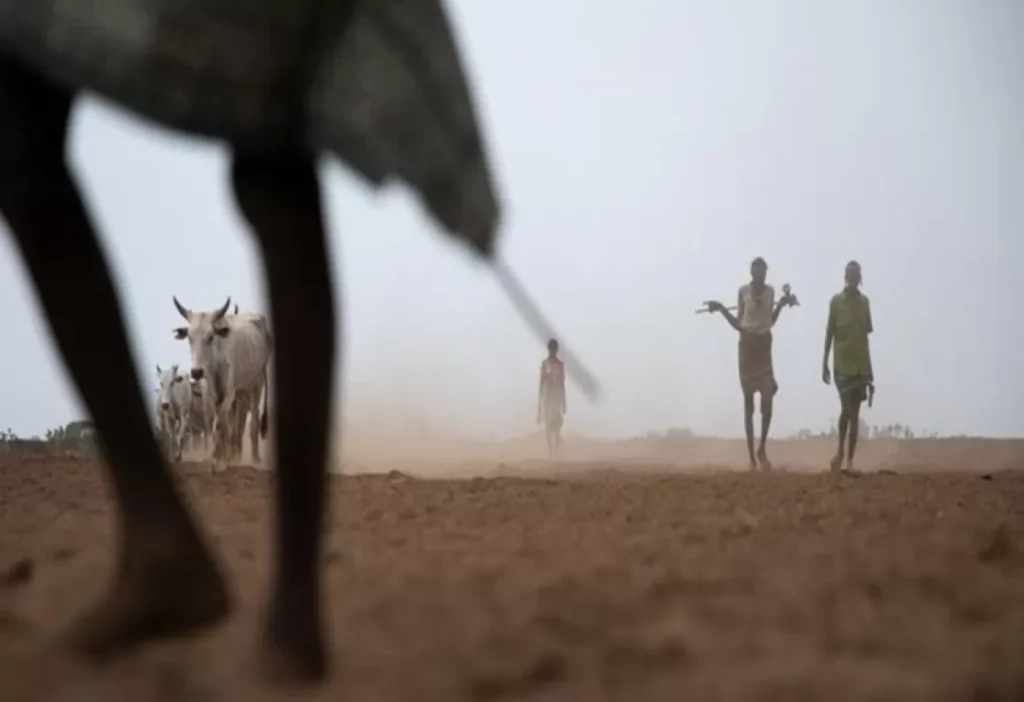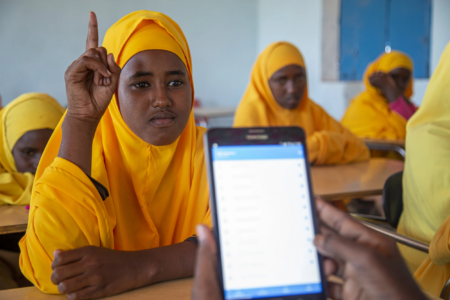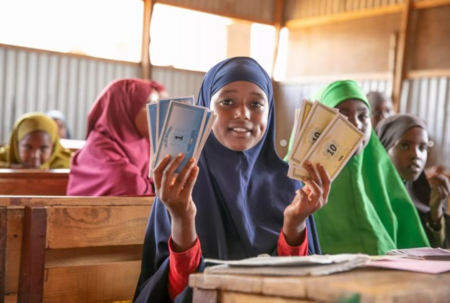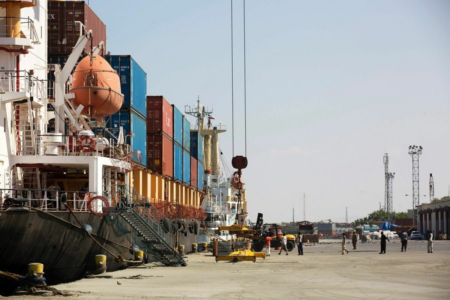Rising food insecurity across Africa is not only exacerbating humanitarian crises but also fueling conflict and empowering extremist groups.
According to experts, food is no longer just a driver or a victim of violence—it has become a strategic weapon used by jihadist groups to fight, govern, and sustain their operations.
Extremist Groups Using Food Insecurity as a Tool of Power and Influence
Terrorist organizations like Boko Haram in Nigeria and Al-Shabaab in Somalia have leveraged food insecurity to undermine state authority and expand their influence.
These groups exploit vulnerable communities by offering food supplies, often in areas where the government fails to provide basic services.
By distributing essentials such as rice, pasta, and biscuits, militants gain trust and loyalty, presenting themselves as alternative providers to the state.
A resident in Nigeria’s Borno State remarked that Boko Haram militants demonstrated “love and care” by responding to community needs.
This tactic allows such groups to integrate into communities and broaden their recruitment base.
Food Insecurity as a Weapon of War
Beyond aid-like tactics, Boko Haram and Al-Shabaab systematically destroy agricultural infrastructure to weaken both the population and government efforts.
Boko Haram has burned crops, banned farming and fishing, and even poisoned water supplies to control access to essential resources.
Similarly, Al-Shabaab disrupted humanitarian operations during Somalia’s 2011–2012 famine, obstructing aid agencies from distributing food in areas under their control.
Their objective was to limit Western influence and assert control over food distribution, essentially weaponizing hunger.
Food Insecurity Strategic Impact on Government and Civilians
These practices not only deepen human suffering but also destabilize entire regions.
By denying food access to civilians as punishment for cooperating with national forces, jihadist groups enforce obedience and isolate communities from state support.
The destruction of food infrastructure has crippled supply chains, forced civilians to abandon farms and grazing lands, and reduced the availability of essential goods.
This has worsened local economies, driven large-scale displacement, and created fertile ground for radicalization.
Long-Term Consequences for Extremist Groups
Ironically, the same tactics used by extremists to control communities can backfire.
As humanitarian conditions deteriorate and local economies collapse, militant groups themselves face dwindling access to vital resources, limiting their ability to sustain operations and attract new recruits.
In both Borno State and southern Somalia, these dynamics have created cycles of instability that threaten not just local populations but also regional peace and development.








